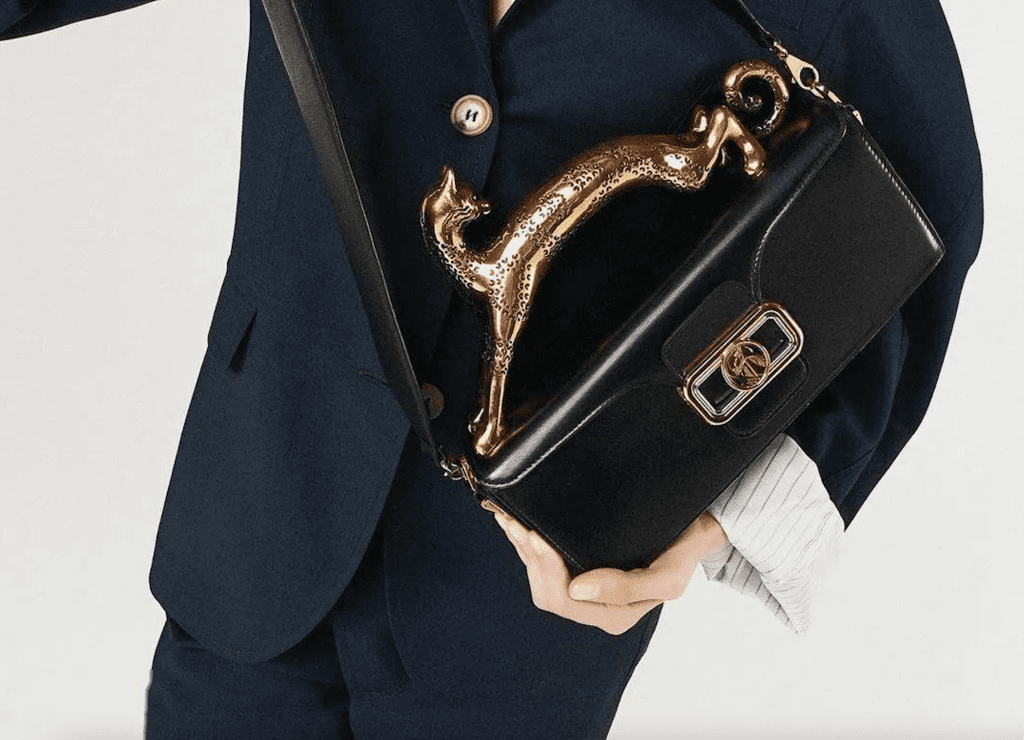The Chinese entity that is looking to rival fashion groups in the West is putting Lanvin at the forefront of that effort. The Fosun International Limited-backed Fosun Fashion Group revealed on Monday that it has changed its name to Lanvin Group in furtherance of a larger revamp, in which it is welcoming new investors – namely, Japanese trading conglomerate ITOCHU Corporation, luxury footwear manufacturer Stella International, and Chinese private equity firm Xizhi Capital – and likely positioning itself to double-down on its existing acquisition endeavors that have seen it build out a fashion division to include majority stakes in Sergio Rossi, Wolford, Caruso, St. John, and of course, Lanvin, among others, in recent years.
“We actually are quite open about the potential acquisition targets,” said Joann Cheng, chairwoman of Lanvin Group, stated on Monday, noting that the budding conglomerate is “open to any good targets,” and does not “have restrictions as to whether they are Western or Chinese, young or old.” According to Reuters, Cheng cited the group’s “focus on high-end labels with heritage and a history of craftsmanship, but also indicated interest in new brands with strength in fashion technology, as well as Chinese labels that could complement the group’s existing brands.”
The news comes as the Lanvin brand has been looking to boost its profile among younger consumers – including by way of its accessories offerings – under the watch of creative director Bruno Sialelli. As we previously reported, despite cementing itself into the French fashion landscape over the past 132 years, Lanvin’s longstanding focus on garments – from founder Jeanne Lanvin’s signature robe de style silhouette (and use of color) to former Lanvin creative director Alber Elbaz’s unmatched construction of ruffles and eye-catching adornments – has meant that the brand, which maintains the title of the oldest French fashion house in operation, has come up short (compared to its competitors) when it comes to a robust arsenal of accessories. In other words, it largely lacks the often logo-emblazoned accessories that enable big, conglomerate-owned fashion brands to generate revenues reaching into the billions and and the far-reaching brand awareness that comes with it.
If a rotation of new source-identifying monograms and the Armand Rateau-inspired – and Instagram-friendly – cat handle bags is any indication, current creative director Bruno Sialelli is trying to change that and bulk up the brands’ offerings on the accessories front. And in a recent review, Vogue revealed that the revamp appears to be working, noting that Mr. Sialelli, “who wants to considerably expand the Chinese-owned house, has already seen increased interest from showbiz (Ariana Grande, Travis Scott, Rita Ora) and all-important new Chinese buying power.”
As for the group as a whole, Fosun International chairman and co-founder Guo Guangchang emphasized the overarching focus on luxury, saying, “The Group is well positioned to exploit the resilient demand for luxury goods globally, especially in China, where Fosun and its partners have unparalleled access and track record in growing international consumer brands in the world’s largest consumer market.” Fosun echoed this sentiment in a release on Monday, stating that it “benefits from the diversity of fashion categories across its portfolio, which provides both significant growth opportunities as well as resilience throughout the fashion cycle,” and revealing that it intends to “continue to develop this diversified luxury portfolio with a growth strategy anchored in geo-expansion, channel activation and category development.”
In the same release, the group reported that its latest capital round closed at a post-money valuation of over $1 billion, bringing Lanvin Group’s total amount raised across all rounds to approximately $300 million.











